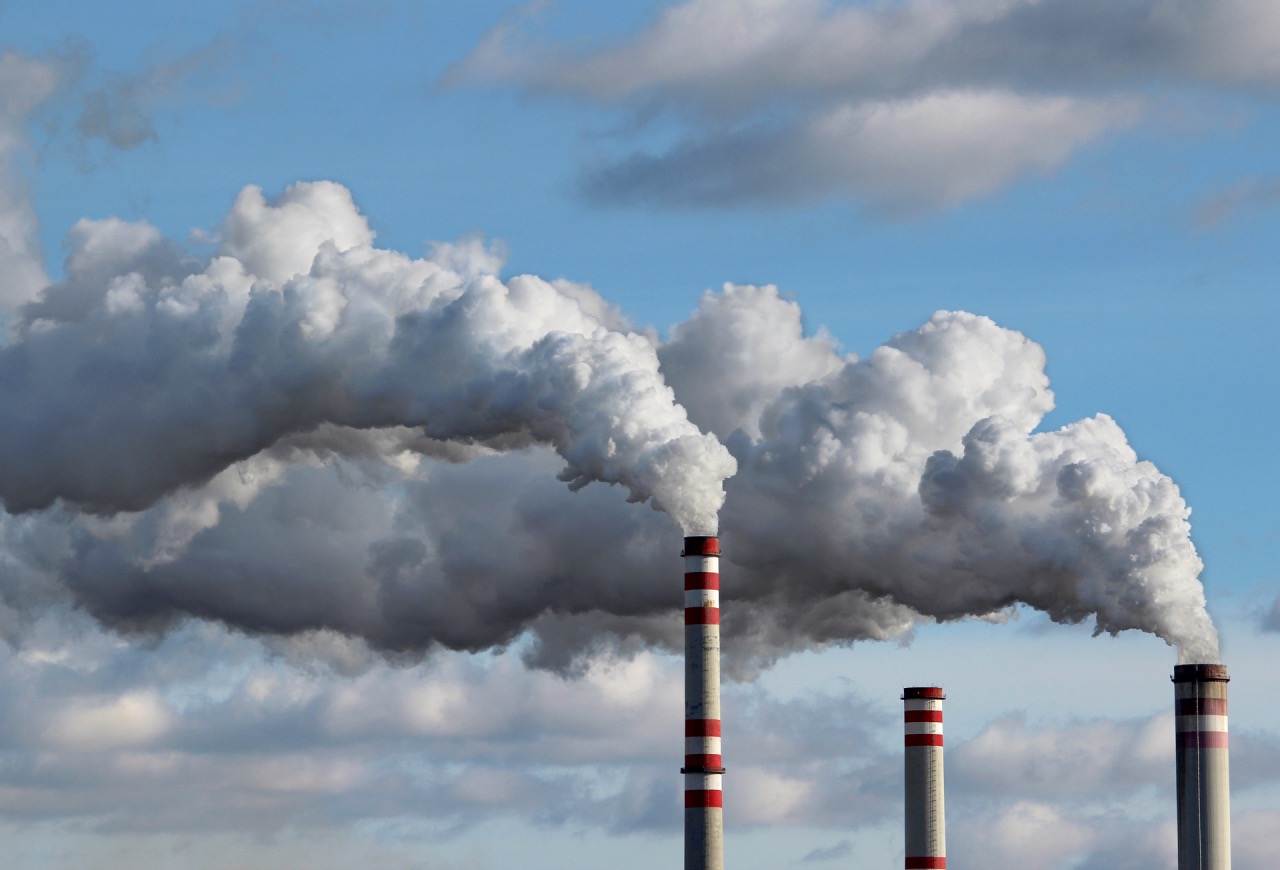New data from the OECD and IEA shows that while the world’s richest countries have pledged to reduce or remove support for fossil fuels, those plans have been undone by the energy crisis

The energy transition risks losing momentum, at least in the short-term, as governments direct more financial resources towards keeping the price of the fossil fuels on which their economies still rely heavily at affordable levels for consumers.
New data from the OECD and International Energy Agency (IEA) policy forums show how support for both fossil fuels production and consumption has increased as global energy prices have risen since 2020. It’s a trend likely to be exacerbated in 2022 as fossil fuels pries continue to soar and the rush to find alternatives to Russian oil and gas following Russia’s invasion of Ukraine intensifies.
The data shows overall government support for fossil fuels in 51 countries almost doubled to $697.2bn in 2021, from $362.4 bn in 2020. Much of this was targeted at demand side measures such as consumer price controls, but fossil fuel producers have also benefited from greater governmental support, as countries scrabble to diversify their oil and gas supply in a tight global market.
OECD analysis of budgetary transfers and tax breaks linked to the production and use of coal, oil, gas and other petroleum products in G20 economies showed total fossil fuel support rose to $190bn in 2021 from 147bn in 2020. It said support for producers reached levels not previously recorded, totalling $64bn in 2021, rise of almost 50% year-on-year, and 17% above 2019 levels. The IEA also said in a 2021 report that no new fossil fuel projects should be developed if global climate goals are to be reached.
While many of the world’s richest countries have pledged to reduce or remove support for fossil fuels, those plans have been undone by the energy crisis.
“Fossil fuel subsidies are a roadblock to a more sustainable future, but the difficulty that governments face in removing them is underscored at times of high and volatile fuel prices,” Fatih Birol, the IEA’s executive director said.
“A surge in investment in clean energy technologies and infrastructure is the only lasting solution to today’s global energy crisis and the best way to reduce the exposure of consumers to high fuel costs,” he said.
OECD’s secretary-general Mathias Cormann acknowledged the impact of the Russian invasion of Ukraine on energy prices and energy security, but said large increases in fossil fuel subsidies encouraged wasteful consumption, while not necessarily reaching low-income households. Subsidies intended to support low-income households often tend to favour wealthier households that use more fuel and energy and should therefore be replaced with more targeted forms of support, according to the OECD and IEA.
“We need to adopt measures which protect consumers from the extreme impacts of shifting market and geopolitical forces in a way that helps keep us on track to carbon neutrality as well as energy security and affordability,” Cormann said.
The data is derived from complementary databases run by the OECD and IEA, covering 51 major economies, including those in the OECD, G20 and 33 other major energy producing and consuming countries representing around 85% of the world’s total energy supply.






